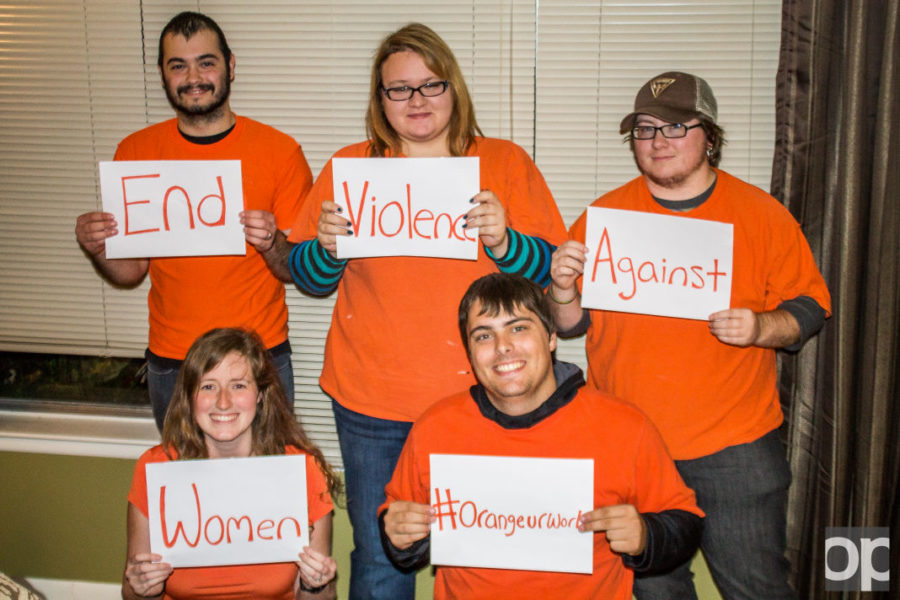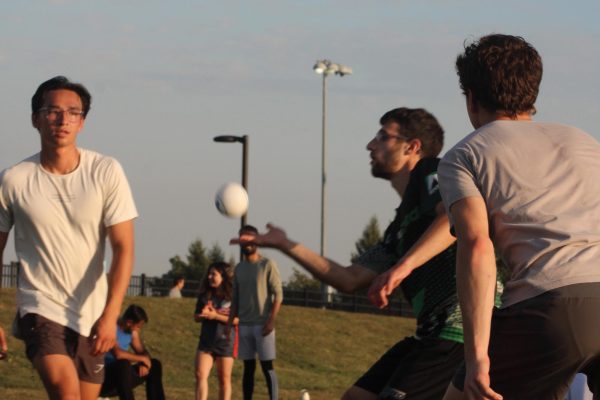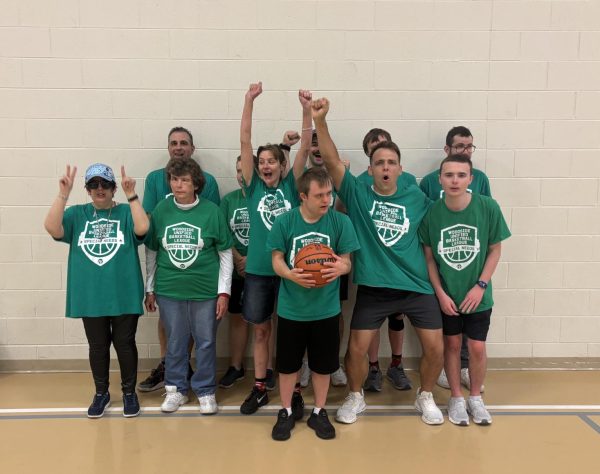Students encouraged to wear orange Oct. 24-25 to raise awareness of the need to end violence against women
A group of friends gather to wear orange and promote the end of violence toward women. Using #orangeurworld on social media will help raise awareness.
In July of 2012, United Nations Secretary-General Ban Ki-moon initiated “Orange Day,” taking place on the 25th of each month to raise awareness for the need to end violence against women and girls.
In the spirit of Secretary-General Ki-moon’s initiative, students may consider donning orange clothes this Friday, Oct. 24, and Saturday, Oct. 25, to show recognition of ending violence against women and upholding a standard of excellence in peer respect and interaction on campus.
Saturday, Oct. 18, the Oakland University Police Department sent an email blast to all students and faculty, alerting campus of a serious event.
At approximately 10 p.m. the evening of Thursday, Oct. 16, a female student was assaulted near the sidewalk in front of Kresge Library.
“The issue of assault should be at the forefront of all college campuses and communities,” said Oakland University Student Congress president Annie Meinberg. “Statistics show that 1 in 5 women will experience sexual assault in their college career.”
“It is not enough to say that a woman should protect herself or reduce her risk,” said Dr. Ami Harbin of the Women and Gender Studies Program.
“Violence against women is bad for everyone,” Harbin said. “And a problem that can be solved when everyone is committed to solving it.”
Harbin said that it is of utmost importance that people of all genders are educated on where violence against women stems from and are made conscious of the things that people do which can be understood as acts of violence.
“Anything that undermines a woman’s power for self-development and self-determination is violence against women,” Harbin said.
These things can range from discouraging female participation in sports, to dismissing a woman’s idea at work, to telling an offensive joke, Harbin said.
Meinberg agreed that education on what is constituted as “violence” against women is just as important as how to avoid those behaviors, no matter how passive or aggressive they may be in nature. These things are key to creating a campus environment that protects women and admonishes violent or demeaning behaviors.
“We prevent assault by educating ourselves and our peers,” Meinberg said.
She encourages female students to consider taking an active role in their own safety in precaution to, however unlikely, something happening to them.
“I took a Krav Maga class in the past. It demonstrates in realistic drills how to react and which self-defense moves to protect yourself,” Meinberg said.
The Recreation Center offers Krav Maga and Rape Aggression Defense classes, both of which teach self-defense to female students and faculty.
But providing self-defense classes isn’t enough to end violence perpetrated against women.
Without the full support of the entire campus community — meaning a heightened awareness in both male and female student demographics — it could be impossible to eliminate violence against women at Oakland or at any other university.
It is nothing short of a group effort.
Although Meinberg cites that Oakland is in fact the safest university in all of Michigan, and ranked among the top 10 safest campuses in the nation, that does not mean that a lackadaisical approach to violent acts against women should be taken.
“If this awareness day sparks conversation amongst OU students,” Meinberg said, “then it is successful.”






